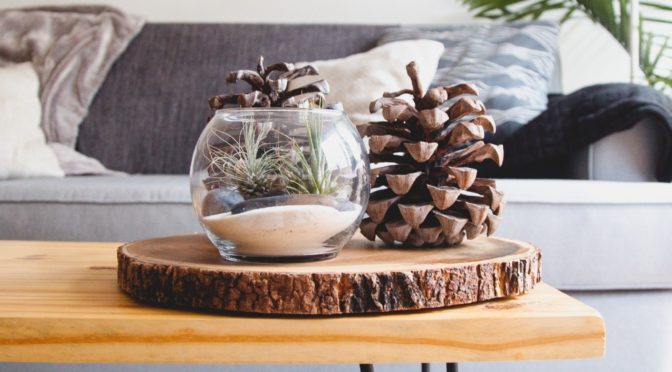How much mortgage deposit do I need to buy house? How does a deposit work on a house?
The amount of deposit you need for your mortgage is worked out as a percentage of the value of the house you’re buying. The mortgage is then based off what’s left – the amount you’re borrowing. So, the largest mortgages you can get are 95% mortgages. This means you would need a deposit of 5% of the cost of the house you’re buying.

It is technically possible to get a mortgage with a deposit of percent of a property’s value. Saving for a deposit. The size of your deposit will make a massive difference to the mortgage deal you can find.
A bigger deposit gives you more options and lower rates. To get the best rates available lenders are requiring bigger deposits (up to 50%) and clean credit histories. If you have 15% deposit this may be sufficient as a first time buyer, please remember the lender will allow a lending amount based. In the UK a standard mortgage is 90% of the purchase price so your deposit would be the other 10% - eg £10on a £150property.
You can choose to pay more up front (and therefore have a smaller mortgage) if you can afford to. The deposit required depends completely on the bank, the quality of the home (not just estimated value or sale price, but what needs to be fixed to meet bank standards of physical home integrity), your income, your credit, and the type of.
With the cost of the average UK home around £233k, this means a first-time buyer would need to save more than £20if they want to buy with a deposit of %, leaving them with a mortgage worth. When it comes to putting down a deposit to buy a property, the more you can save up, the better. Your mortgage deposit will normally need to be for at least 5% of the value of the property you are buying.

So, for example, if you want to buy a home costing £2500 you’d need to save up a minimum deposit of £1500. In the current market, however, you might find you need as much as 10% or even 15%, as many lenders have withdrawn their low-deposit deals due to economic issues caused by COVID-19. Do you need to calculate how much deposit you will need for a £17000.
Generally speaking, the minimum deposit for a home loan is no lower than 8-%, as this will cover extra expenses involved. Deposit Calculation for a £17000. While 20% is desirable, lenders will generally accept deposits from around 8-10%.
From that figure, they will want to see at least 5% of the purchase price held for months or longer and as genuine savings. Perhaps a better question to ask is – ‘how much should you have for a house deposit? Which actually has a more straightforward answer. Generally, banks and financial institutions will recommend you have a deposit of at least 20% of your prospective property’s purchase price.
In most cases you only need to have at least a 5% deposit but the average deposit people put down is 15%. A 15% deposit of a £230property is £3250. When buying a house, you’ll typically need a deposit of at least 5% of the house’s value. For example, if you’re buying a house worth £1500 you’ll need a deposit of £500.
However, with a larger deposit, you’ll have access to better deals on your mortgage, which could save you thousands. On that amount, a 5% deposit is £16and a 15% deposit is £3800.
Most lenders will therefore want a deposit of around £10or perhaps even up to £20or more, depending on your circumstances. The bigger the deposit, the better the deals you will be able to access, so by paying down as much as you can, you should be able to benefit from more generous interest rates and a wider range of products overall. The amount you’ll need to save for a deposit will depend on what loan-to-value (LTV) mortgage you want to go for.
The smallest deposit you can usually buy with is 5% of the property price, which would mean taking out a 95% LTV mortgage to cover the other 95% of the price. Based on our imaginary average £206property, you’d need to save £11for a 5% deposit. You typically need a deposit of only 5% and the government or the developer lends you the rest of the deposit – up to a further 20%.
Under Help to Buy this loan is free for the first five years but you need to plan how you will pay the yearly fee kicking in from Year onwards. It is only available for new-build homes. Before looking at properties, you need to save for a deposit.
Generally, you need to try to save at least 5% to 20% of the cost of the home you would like. So, roughly how much income is required to qualify for a £200k mortgage with a lender cap in place?

Say your annual income is £300 you would need to find a lender that was willing to lend you 6x your income – something only a few of them offer, and even then it will only be under the right circumstances. For now, let’s look at how much deposit you need to buy a house and we’ll speak about your borrowing capacity further on. Aim to have about 8-10% of the property purchase price in savings.
As this will cover all costs involved with buying.
No comments:
Post a Comment
Note: only a member of this blog may post a comment.